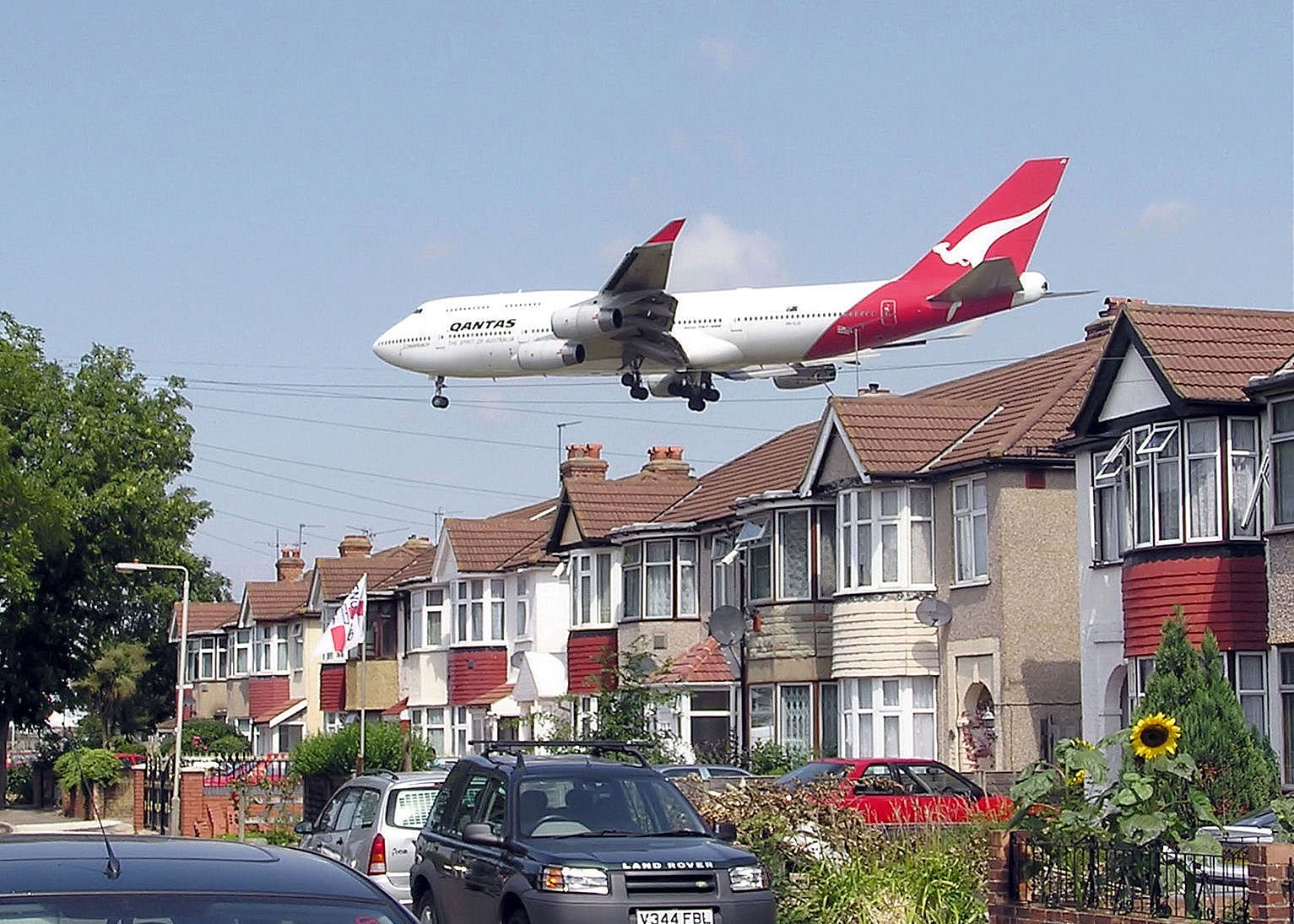According to a new research, the risks of stroke, heart and circulatory disease are higher in areas with a lot of aircraft noise.
The new study of 3.6 million residents near Heathrow Airport suggested the risks were 10-20% higher in areas with the highest levels of aircraft noise.
The team’s findings are published in the British Medical Journal.
The researchers agreed with other experts that noise was not necessarily to blame and more work was needed.

Their work suggests a higher risk for both hospital admissions and deaths from stroke, heart and circulatory disease for the 2% of the study – about 70,000 people – who lived where the aircraft noise was loudest.
The lead author, Dr. Anna Hansell, from Imperial College London, said: “The exact role that noise exposure may play in ill health is not well established.
“However, it is plausible that it might be contributing – for example, by raising blood pressure or by disturbing people’s sleep.”
“There’s a <<startle reaction>> to loud noise – if you’re suddenly exposed to it, the heart rate and blood pressure increase.
“And aircraft noise can be annoying for some people, which can also affect their blood pressure, leading to illness.
“The relative importance of daytime and night-time noise from aircraft also needs to be investigated further.”
The study used data about noise levels in 2001 from the Civil Aviation Authority, covering 12 London boroughs and nine districts outside of London where aircraft noise exceeds 50 decibels – about the volume of a normal conversation in a quiet room.
The authors say fewer people are now affected by the highest levels of noise (above 63 decibels) – despite more planes being in the skies – because of changes in aircraft design and flight plans.
The researchers – from Imperial and also King’s College London – adjusted their work in an effort to eliminate other factors that might have a relationship with stroke and heart disease, such as deprivation, South Asian ethnicity and smoking-related illness.
They stressed that the higher risk of illness related to aircraft noise remained much less significant than the risks from lifestyle factors – including smoking, a lack of exercise or poor diet.
